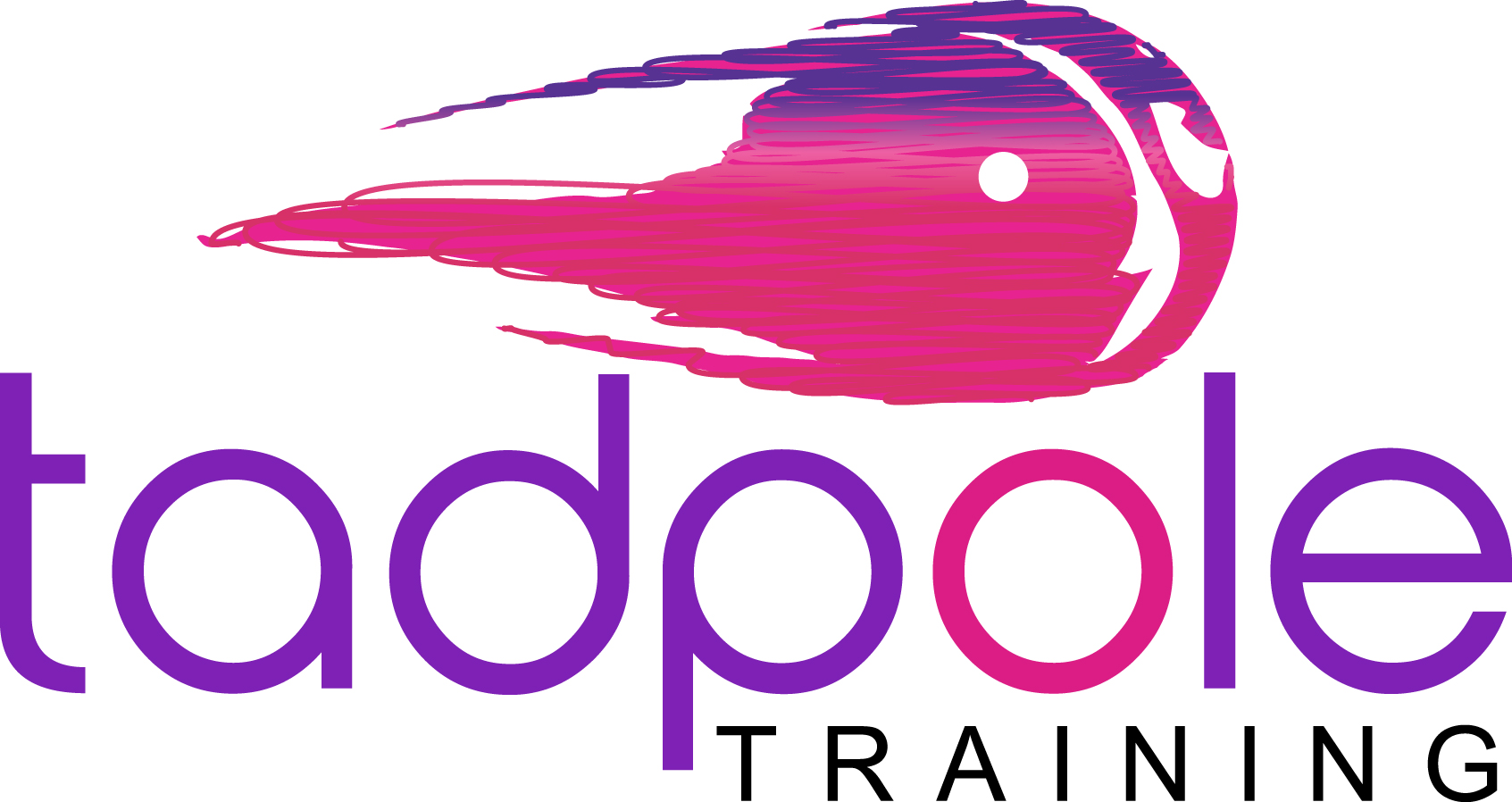
by Janet | Jan 3, 2024 | sales training
Are we failing to give our young salespeople the right start in sales?In his excellent interview with Tom Bilyeu, Simon Sinek talks about Millennials (those born after 1984, so I guess that includes Gen Z too) and how they face specific challenges other groups...

by Janet | May 12, 2023 | sales training
It used to be the case that you could just make a phone call to a buyer, tell them about your new ‘thing’ and get an appointment. OK, I make that sound like it would work every time – it didn’t – but it worked enough times to make it...

by Janet | Feb 23, 2021 | entrepreneurs, marketing, sales tips, sales training, Training
Have you heard that phrase before – “Don’t sell the sausage, sell the sizzle”? If you think about it, a sausage is just sliced up dead pig. Not very appealing is it? But when you start to think about the smell, the taste and the look of a...

by Janet | Feb 17, 2021 | entrepreneurs, marketing, sales tips, Training
Why you will get gobbled up by the big fishes if you don’t nail your USP USP stands for Unique Selling Point. USPs are the benefits or features that set your product or service apart from similar things which are offered by your competitors. Of course, if you...

by Janet | Feb 5, 2021 | sales tips, sales training, Training
You wouldn’t ask me to marry you on our first date would you? Think about it – it’s uncomfortable, pressurising and there is an imbalance of benefit (I’m a great catch, so I get why you want to marry ME, but what’s so great about YOU)....






